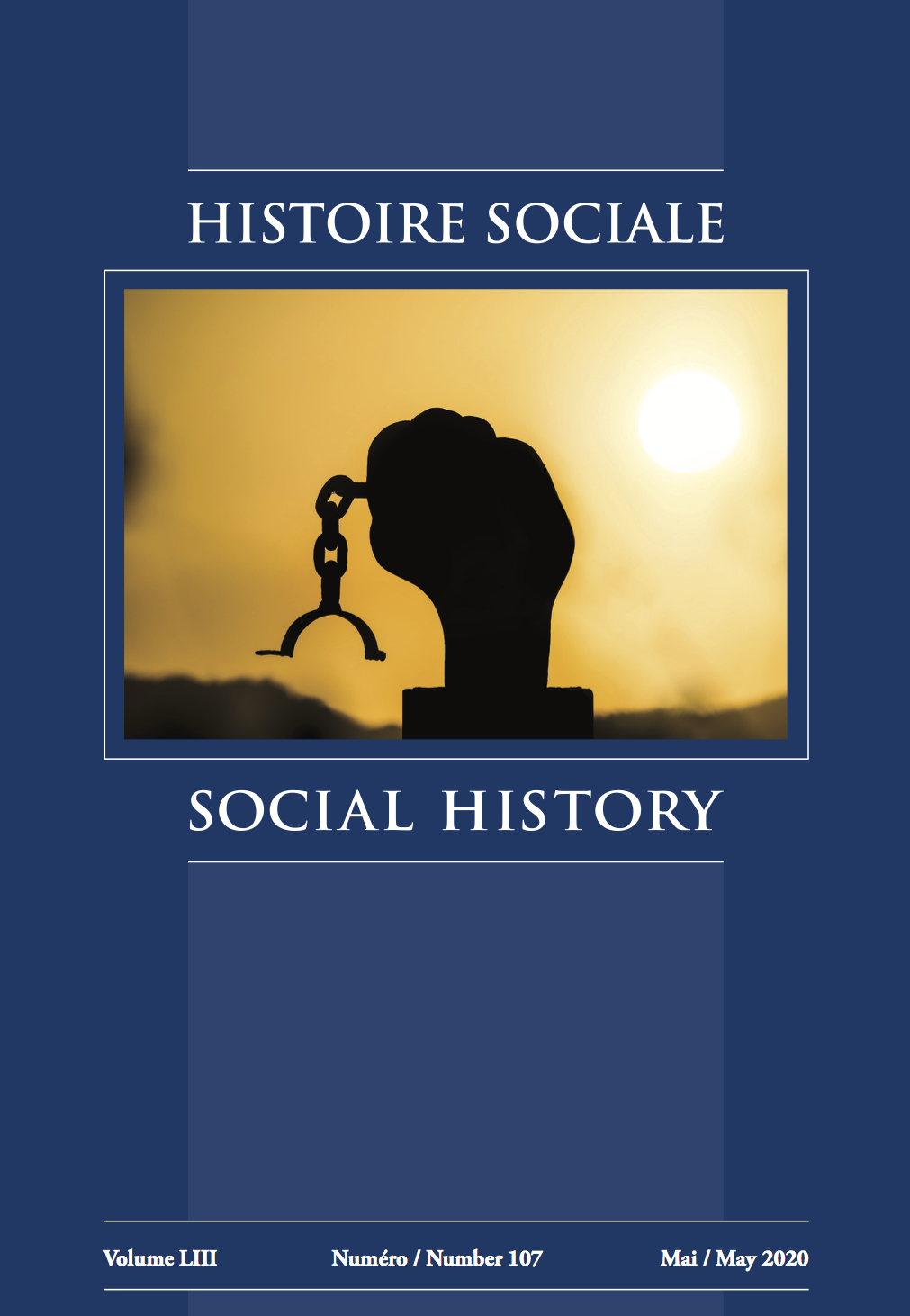Forgotten Island of the Liberator: Haiti’s Influences on Victor Schœlcher’s Abolitionism, 1833-1848
DOI:
https://doi.org/10.1353/his.2020.0004Abstract
What fashioned Victor Schœlcher’s radical abolitionism? Does his 1848 demand for the immediate abolition of slavery and full citizenship for the formerly enslaved testify loyalty to universal values of the Enlightenment and the French Revolution? Incorporating transatlantic perspectives, this article excavates an unacknowledged element in the making of Schœlcher’s abolitionism by reassessing his ties with Haiti. As he was a passionate defender of the Haitian Revolution and also a very severe critic of the Republic of Haiti, the crucial components of his abolitionism were derived from his wrestling with these contradictions. Although his interaction with Haiti ultimately contributed to “Silencing the Haitian Revolution,” we also find an invisible but significant dialogue between the first emancipation and the second one in 1848, and also between metropolitan abolitionists and the enslaved in the colonies.


